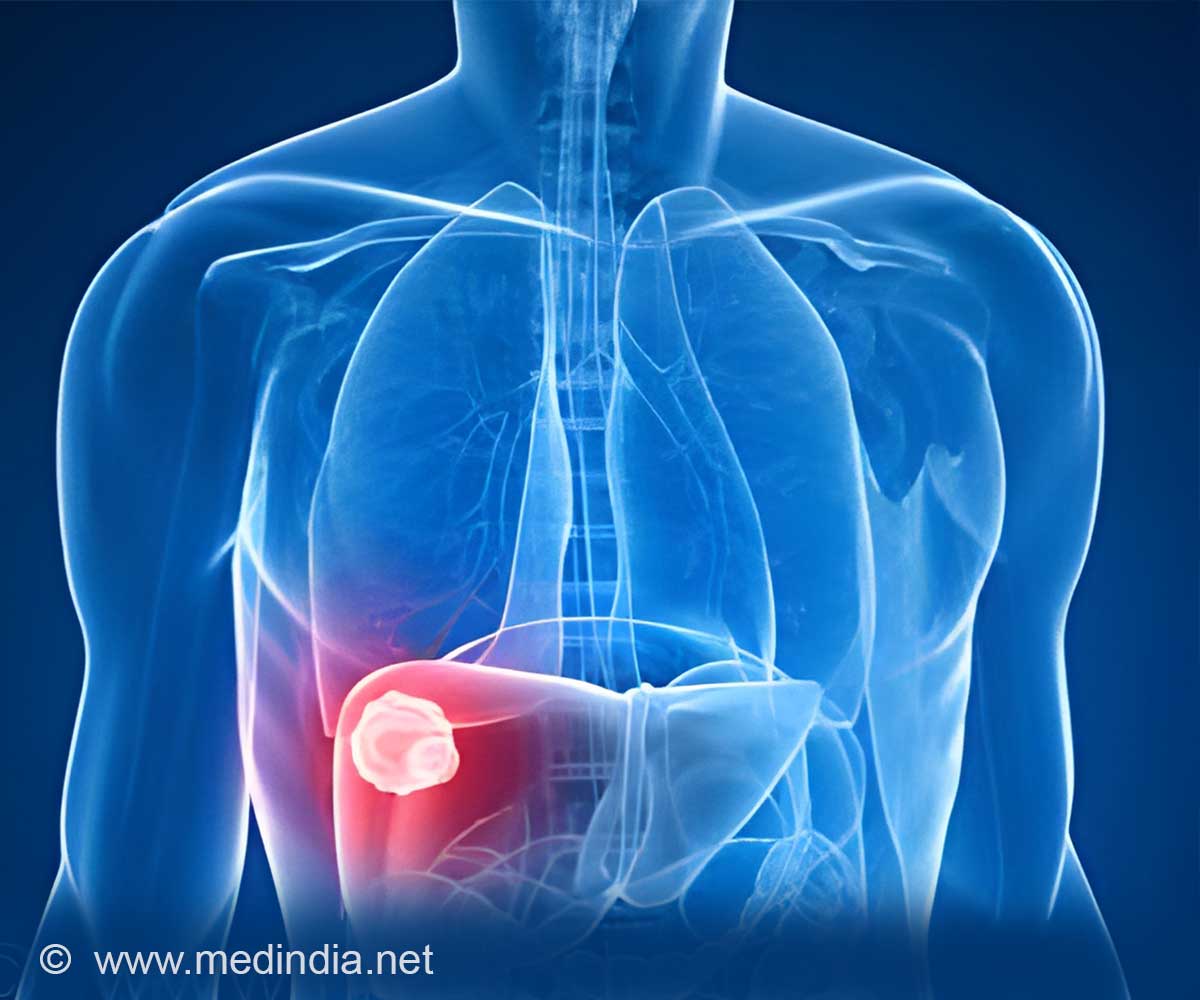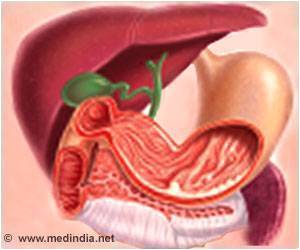Fecal microbiota transplantation (FMT) for a selected group of people is found to be safe and showed long-term improvements in both clinical and cognitive outcomes in patients with cirrhosis and recurrent hepatic encephalopathy (HE).

TOP INSIGHT
Fecal microbiota transplantation (FMT) is safe in patients with recurrent hepatic encephalopathy compared with standard-of-care (SOC) treatment.
'In conducting the original study, we primarily wanted to evaluate whether FMT was safe in patients with recurrent HE compared with SOC alone', explained Dr Jasmohan Bajaj from Virginia Commonwealth University and McGuire VA Medical Center in Richmond, USA, and lead author of the study. 'We identified a single stool donor from a universal donor bank who had the highest relative abundance of Lachnospiraceae and Ruminococcaceae, and FMT enemas were prepared using a single stool specimen provided by this donor'.
The long-term analysis of this study followed all participants from the original 5-month study1 who were still alive and without liver transplant for an additional 6 months, assessing both cognitive and clinical outcomes. At 1 year after randomization, one participant in the FMT arm and three in the SOC arm had died or undergone liver transplant. Amongst the remaining participants, a median of 1.5 (IQR 0.75-2.75) HE episodes and 3.0 (IQR 0.75-5.75) hospitalizations were reported during the subsequent 6 months of the study in the SOC arm compared with 0 (range 0-1.0) and 0 (range 0-1.5) in the FMT arm (p<0.05 and p<0.02, respectively). The FMT arm also demonstrated sustained and significant improvements in cognitive function at 1 year compared with both baseline and SOC.
'Although this was a small randomized trial, we believe it confirms that FMT from a rationally selected donor was safe and associated with substantial long-term improvements in both clinical and cognitive outcomes in patients with cirrhosis and recurrent HE', said Dr Bajaj. 'These findings now need to be confirmed in a larger patient population'.
'Hepatic encephalopathy is a debilitating condition and a major burden to patients and caregivers, and new therapies are urgently needed', said Prof. Annalisa Berzigotti from the University of Bern, Switzerland, and EASL Governing Board Member. 'This study provides an important piece of evidence. The encouraging long-term results of FMT in HE strongly support the need for a larger, multicentre study of this intervention'.
 MEDINDIA
MEDINDIA




 Email
Email






